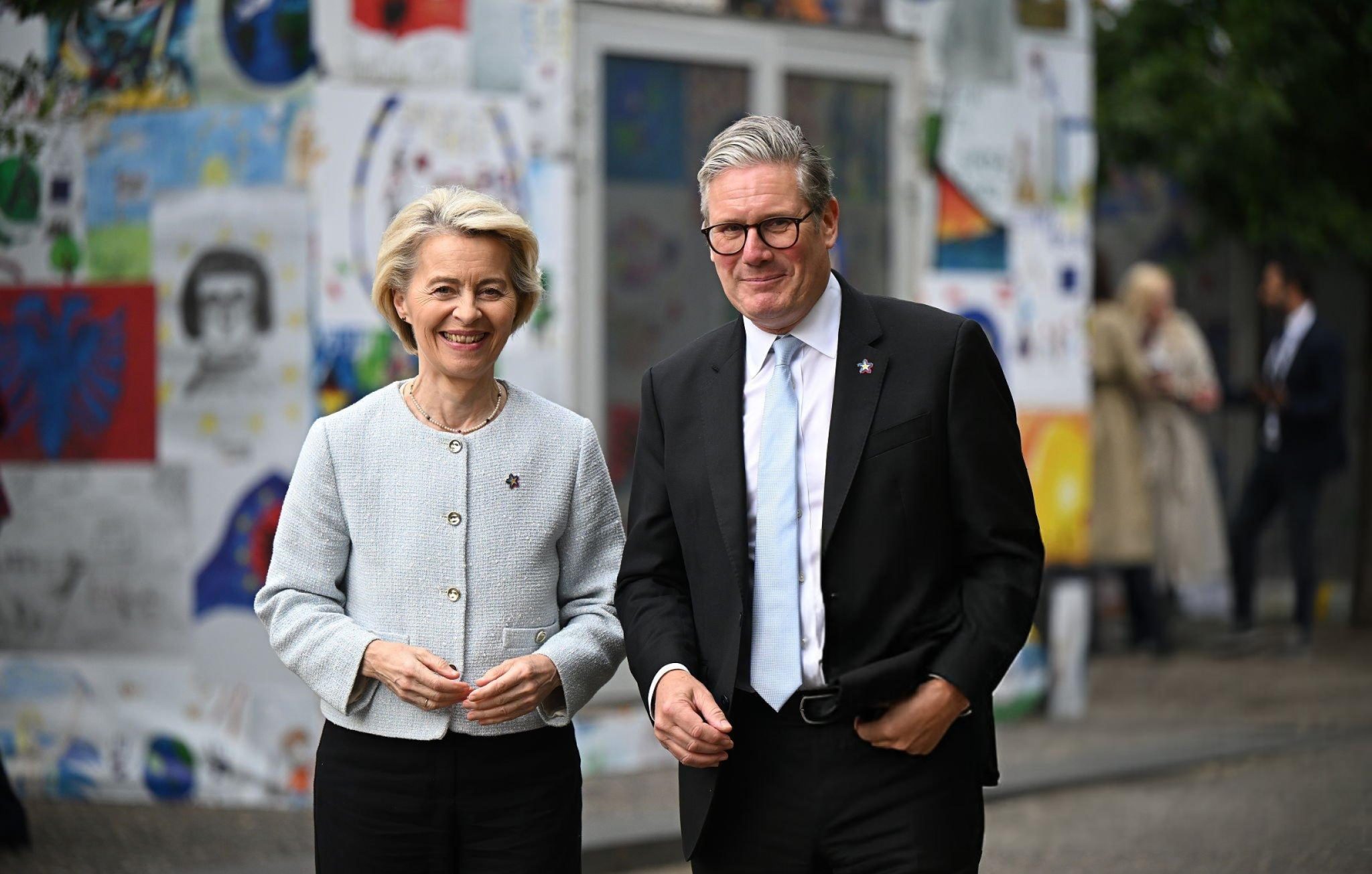Prime Minister Sir Keir Starmer has suggested that a youth mobility scheme between the UK and the EU would not breach Labour’s longstanding red line on freedom of movement, as he prepares to host a key summit in London on Monday aimed at resetting relations with Brussels.
Speaking ahead of the first UK-EU summit since Labour’s landslide election victory, Starmer emphasised that youth mobility and freedom of movement were “distinct concepts”. He argued that enabling young people to live and work abroad on a temporary basis would not equate to the wholesale return of EU free movement rights, which were ended by Brexit.
“We’ve been really clear in our manifesto: freedom of movement will not return,” the Prime Minister told The Times. “But youth mobility is not freedom of movement. There’s a clear difference, and it’s one we are prepared to explore sensibly.”
The remarks come amid reports that the UK is engaged in behind-the-scenes talks to secure British access to the EU’s multi-billion-euro defence fund, as part of a wider effort to thaw frosty post-Brexit relations. Discussions on fishing rights and youth mobility, however, remain points of contention.
The summit in London on Monday, which will be attended by senior EU figures including European Commission President Ursula von der Leyen, is being hailed by Downing Street as a pivotal opportunity to build a more pragmatic, cooperative partnership with Europe after years of political turbulence.
Chancellor Rachel Reeves reinforced that message, stating the summit should not be viewed as “a one-off” but rather the beginning of a broader diplomatic journey.
“There will be things that we achieve – some concrete outcomes on Monday – but there will also be a step towards where we want to go next between our countries,” Ms Reeves said in an interview with The Guardian. “I am ambitious for our future, and this will be the first of many constructive engagements.”
The possibility of a youth mobility scheme, allowing young people from the UK and EU to live and work in each other’s territories for a limited period, has been floated by Brussels. Initially dismissed by Labour during the election campaign, the proposal appears to be gaining traction amid growing recognition of skills shortages across sectors such as hospitality, healthcare, and the creative industries.
Sir Sadiq Khan, Mayor of London, welcomed the discussion but urged clarity from the government. “We’re hearing mixed messages. I want to see the Government speaking with one voice and saying that they support a youth mobility scheme,” he said during an appearance on BBC Newsnight.
Khan added that such a scheme could “put rocket boosters” under London’s economy by helping businesses plug critical staffing gaps. “It’s not just about giving British youth a valuable experience abroad,” he said, “it’s about recognising the real needs of employers here in London and across the UK.”
Sir Keir met with EU leaders at the European Political Community Summit in Albania earlier this week, where he held talks with Ms von der Leyen and EU High Representative for Foreign Affairs Kaja Kallas. Ms Kallas said a deal on defence cooperation was progressing but not yet finalised: “We’re not there yet,” she remarked.
Starmer, however, remained optimistic, stressing that a renewed trading and political relationship with Europe could have tangible benefits for British households. “A stronger trading relationship with the EU will be measured in the pockets of working people,” he said. “People will be better off because of this deal.”
As anticipation builds ahead of Monday’s summit, the Prime Minister is walking a delicate tightrope: reaching out to European partners while maintaining domestic assurances that Brexit red lines will not be crossed. The outcome of these early steps may well define Labour’s European policy for the years to come.






